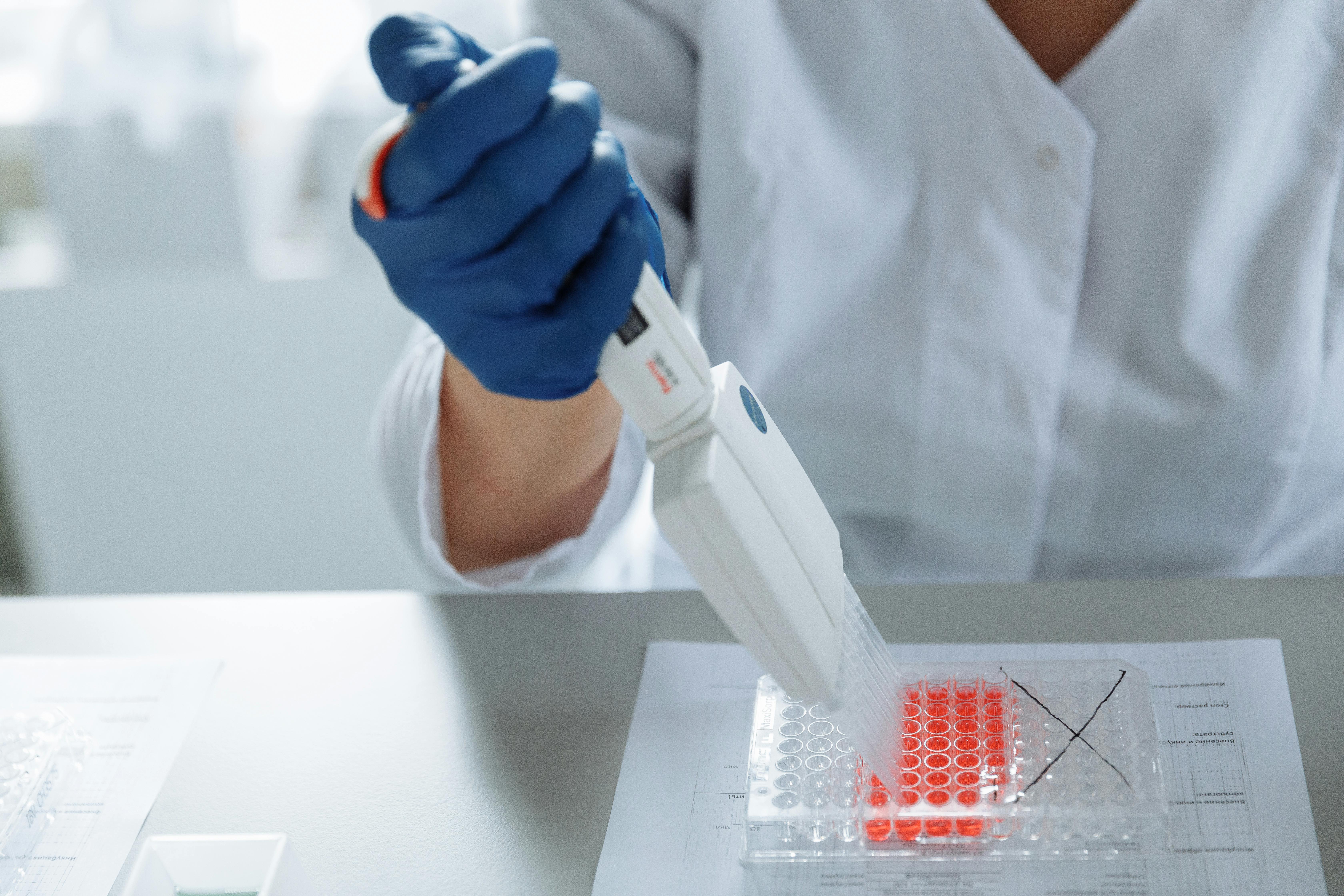Exploring the Genetics of Depression: Insights into Its Inherited Pathways
Depression, a pervasive mental health disorder, affects millions globally, yet its origins remain a complex interplay of environmental and genetic factors. Recent advances in genetic research have begun to illuminate the intricate pathways through which depression is inherited, offering new insights into its biological underpinnings. This exploration into the genetics of depression aims to decode the hereditary patterns that contribute to its onset and persistence. By examining the top ten insights into these inherited pathways, we can better understand how genetic predispositions interact with environmental triggers, ultimately paving the way for more targeted and effective interventions.
The Heritability of Depression: A Genetic Blueprint

Depression's heritability is estimated to be around 40-50%, suggesting a significant genetic component. Twin studies have been instrumental in these estimates, revealing that monozygotic twins, who share 100% of their DNA, have a higher concordance rate for depression compared to dizygotic twins. This genetic blueprint indicates that while not solely deterministic, inherited factors play a substantial role in an individual's vulnerability to depression. Understanding this heritability helps researchers identify specific genes and genetic variants that may contribute to the disorder, offering a foundation for further genetic exploration and potential therapeutic targets.
